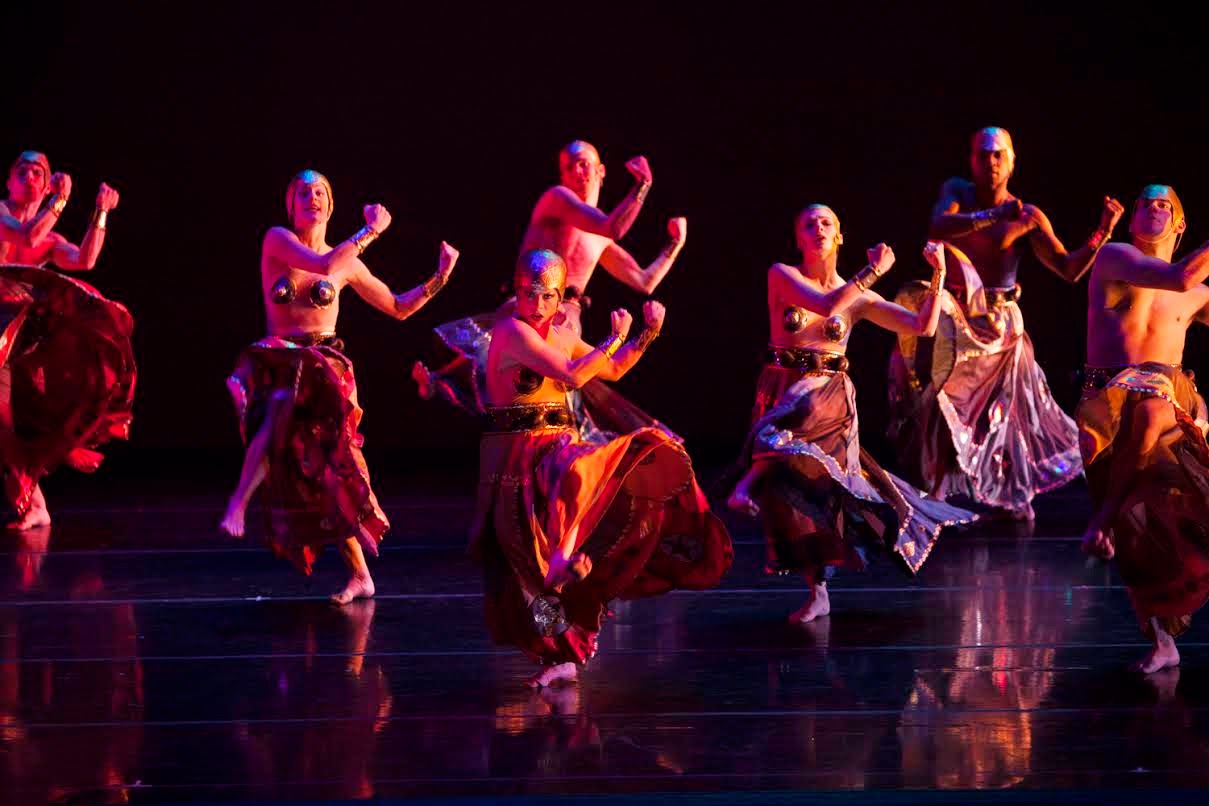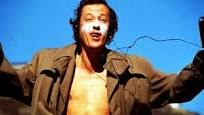'Present mirth hath present laughter': Flashes of merriment, surprise and expectation in the theater

As a theater outsider since my school days, I've often wondered how directors and actors handle the leap from rehearsal to public performance, especially when it comes to anticipating audience response to comedy. [A more general consideration of laughter, its wellsprings and benefits, can be found here. ] Outbursts of merriment can be planned for, though not precisely. How long will they laugh? How much will they laugh? Knowing what's likely to generate laughs and what to do to keep the response from covering the next line or action is part of the preparation. Getting it right must be something like having a cast member who never shows up for rehearsals but is undismissably part of the show. Phoenix's 'Old Jews Telling Jokes': laughing along with the crowd A comedy audience is indelibly a player, and if you're doing something like Phoenix Theatre's "Old Jews Telling Jokes," you wouldn't have it any other way. Laughter is infectious










